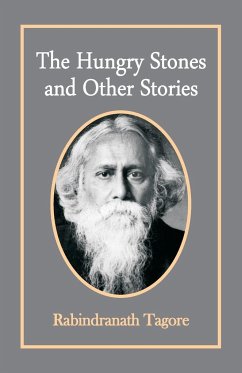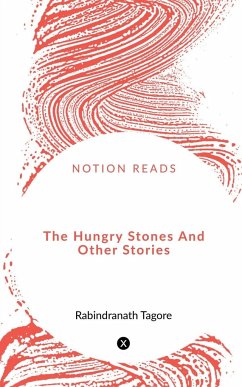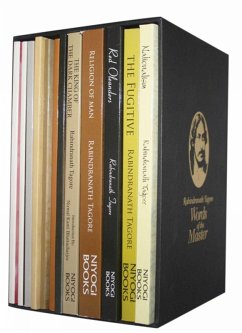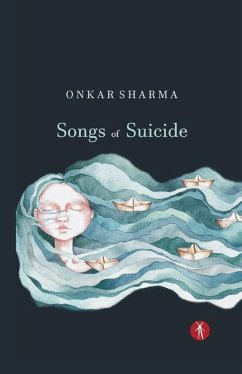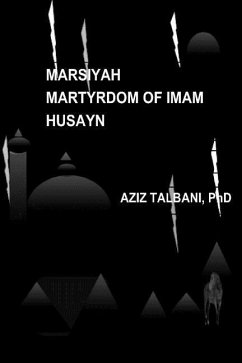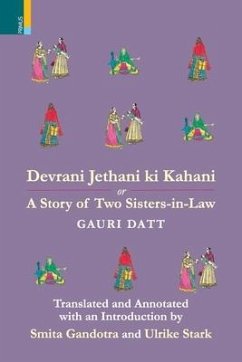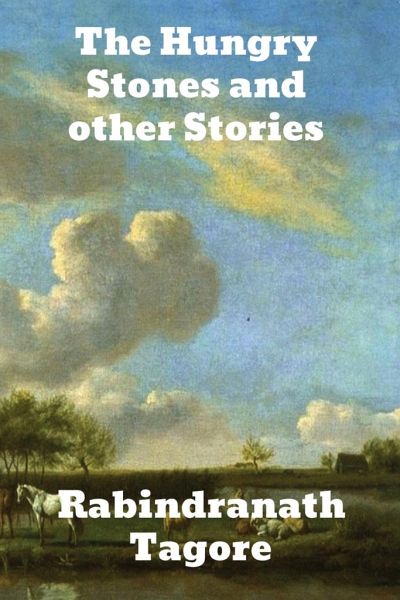
The Hungry Stones And Other Stories
Versandkostenfrei!
Versandfertig in 1-2 Wochen
17,99 €
inkl. MwSt.

PAYBACK Punkte
9 °P sammeln!
The Hungry Stones And Other Stories is a classic collection of Rabindranath Tagore stories that contains the following Tagore classics: The Hungry Stones; The Victory; Once There Was A King; The Home-coming; My Lord, The Baby and The Kingdom Of Cards. Contents: The Hungry Stones The Victory Once There Was A King The Home-coming My Lord, The Baby The Kingdom Of Cards The Devotee Vision The Babus Of Nayanjore Living Or Dead? "We Crown Thee King" The Renunciation The Cabuliwallah [The Fruitseller from Cabul] Preface: The stories contained in this volume were translated by several hands. The versi...
The Hungry Stones And Other Stories is a classic collection of Rabindranath Tagore stories that contains the following Tagore classics: The Hungry Stones; The Victory; Once There Was A King; The Home-coming; My Lord, The Baby and The Kingdom Of Cards. Contents: The Hungry Stones The Victory Once There Was A King The Home-coming My Lord, The Baby The Kingdom Of Cards The Devotee Vision The Babus Of Nayanjore Living Or Dead? "We Crown Thee King" The Renunciation The Cabuliwallah [The Fruitseller from Cabul] Preface: The stories contained in this volume were translated by several hands. The version of The Victory is the author's own work. The seven stories which follow were translated by Mr. C. F. Andrews, with the help of the author's help. Assistance has also been given by the Rev. E. J. Thompson, Panna Lal Basu, Prabhat Kumar Mukerjii, and the Sister Nivedita.




